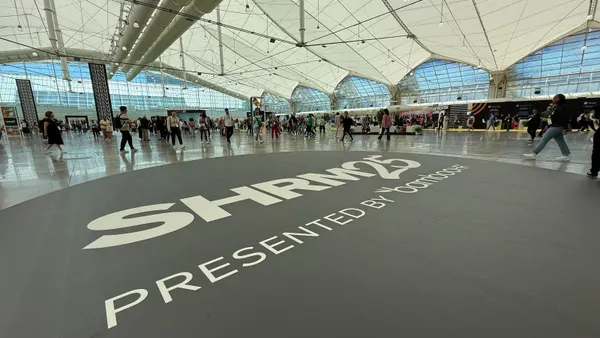We're at a crossroads in the recruitment industry. Somewhere between human recruiters and new technology lies a balance that maximizes the contributions of both.
The June 2017 Glassdoor Local Pay Report shows that recruiters, in general, can expect to get an 8.4% increase in pay by 2018, nearly 4 times that of human resource professionals — demonstrating that organizations still value skilled recruitment professionals and are willing to pay to source the right candidates. Yet recruitment technology has caught up with human recruiters in such a way that it can automate many processes. So are we seeing the last of the top paid recruiters?
The value of human recruiters
The reason that recruiters are getting a boost in pay is simple, according to Dr. Andrew Chamberlain, Glassdoor Chief Economist. “Companies rely more on recruiters to attract coveted talent as the U.S. reaches full employment, and this puts their skills in high demand," he said in a press release.
Jason Nazar, Co-founder and CEO of Comparably and Entrepreneur in Residence for Los Angeles, agreed that the skills of human recruiters will remain in demand.
“Recruiters are challenged with sourcing hard-to-find candidates, especially in fast-growing venture-backed firms that have an insatiable demand for quality talent,” he told HR Dive. “Recruiters are mostly sales oriented and motivated by financial rewards, which explains the large increase in pay and likely bonuses too." This is something the industry can expect to see continue.
A different approach
Comparably, which describes itself as a “compensation, culture, and jobs monitoring site with a mission to make work more transparent and rewarding,” says it takes a different approach than other technology available today, essentially mimicking how human recruiters approach and process candidates. "Employees can rate employer cultures across multiple dimensions, including diversity, which is more insightful and thoughtful” Nazar said.
The site also shares a compensation database that, because it is available to both employees and recruiters, can take the subjectivity and complexity out of otherwise awkward conversations, according to Nazar. It also allows for discreet matching between candidates and recruiters.
Looking forward
The industry is facing a critical, shifting relationship between humans and technology in recruitment. But, as evidenced by the pay bump, human recruiters aren't going away any time soon.
The largest challenge of recruiting is sourcing good candidates, Nazar said, and that requires a human touch, especially with respect to branding.
“There is a real paradigm shift happening in the job market," he said. Candidates are applying to companies, not jobs. "If they are in love with your organizational mission, this is infinitely more valuable than someone who’s merely out of work and needs a paycheck.” And that's where the humans come in.
It seems there will always be a place for skilled recruiters who understand the ebb and flow of recruitment tech and how technology can enhance the experience for candidates.












